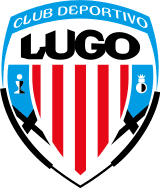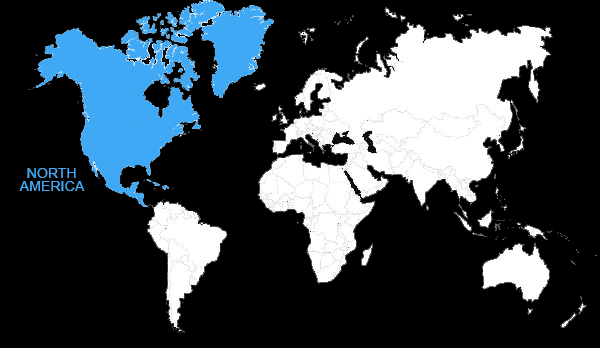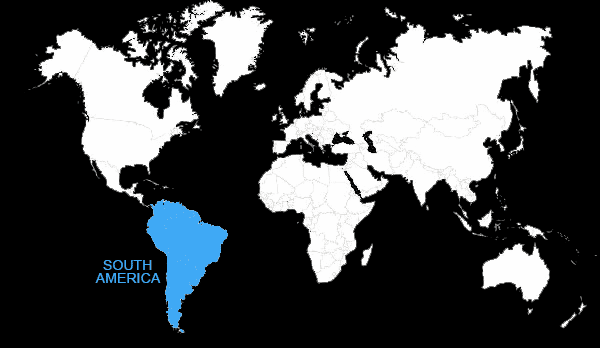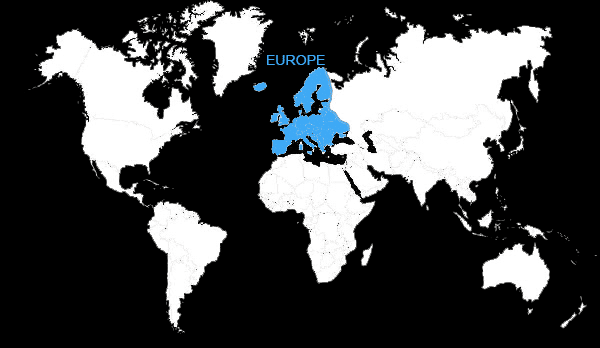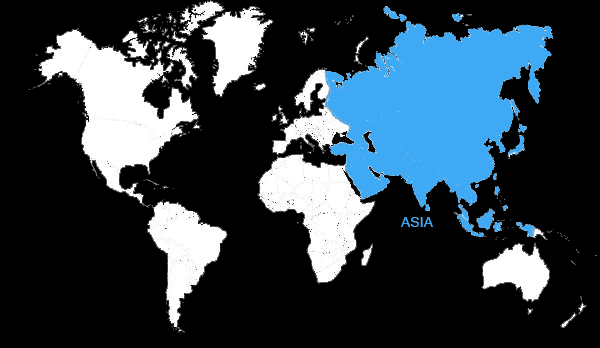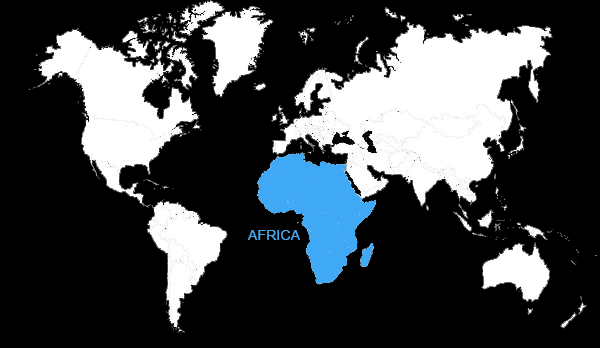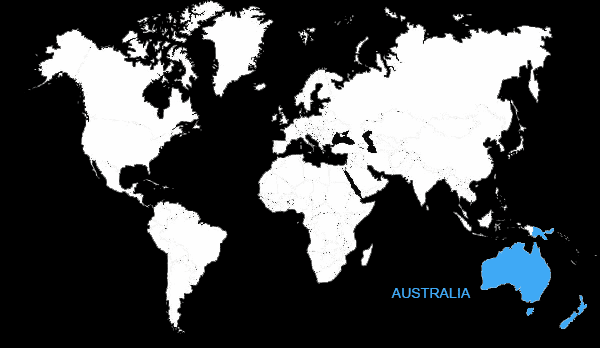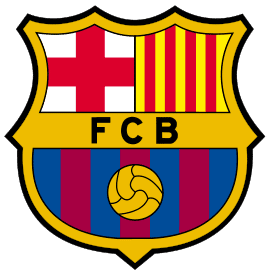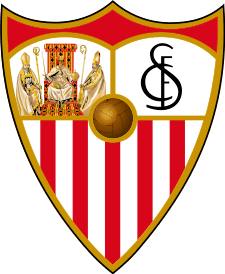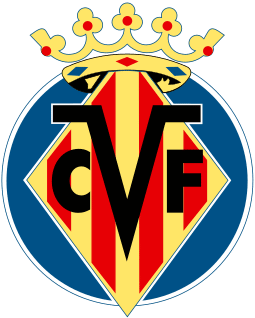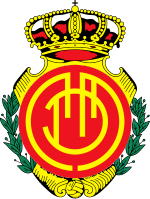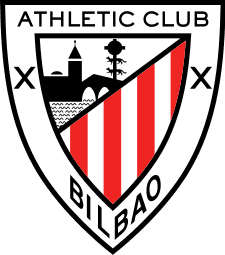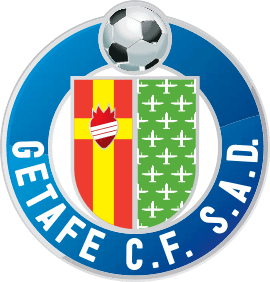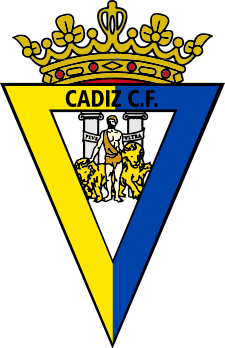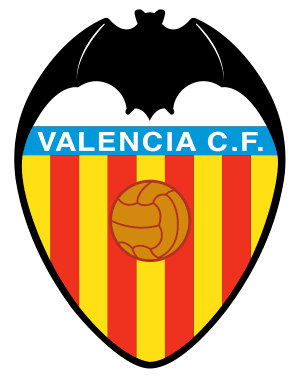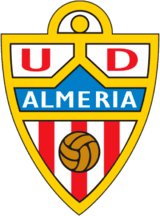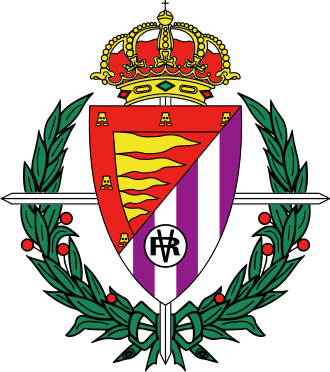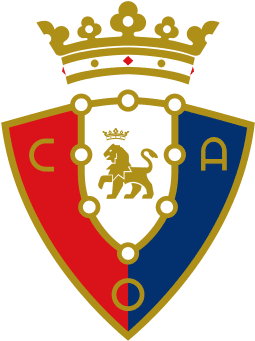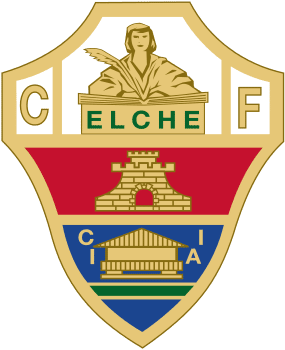
Welcome!
Discover the world of soccer with fcscout.com, your go-to scout for club tryout information, club guides, player profiles, in-depth product reviews, and more. We’re dedicated to exploring and revealing the best in each domain, empowering you with knowledge to make informed choices.
Thank you for being here!
Hi, I’m Carlos! A coach, sports enthusiast, and the founder of FCScout.com.
I fell in love with the game at a very young age like many of you. I’ve been following and playing soccer for many years.
Throughout my career, I always enjoyed helping soccer players chase their dreams, which is why I started this website. I wanted to reach a larger audience outside of my local area and fcscout.com was born.
This website is a platform I will be using to update club pages on any tryouts, stadiums, players, tech, and more from clubs around the world. I also create free recruitment profiles for players looking to have that extra competitive edge when reaching out to clubs.
That’s it. That’s my pitch for you to stick around (or browse the site as you please).
This is already too much text for a “see more” drop-down button thing. If you want to reach out to me, head on over to my contact page 🙂

Club Deportivo Lugo, commonly referred to as Lugo, is a Spanish professional football club in Lugo, Spain. The club competes in the Segunda División, the second tier of Spanish football.
CD Lugo Youth Development System
CD Lugo has several youth academy teams in its youth development system. These teams include:
- CD Lugo B
- Juvenil A
- Juvenil B
- Cadet A
- Cadet B
- Cadete C
- Infantil A
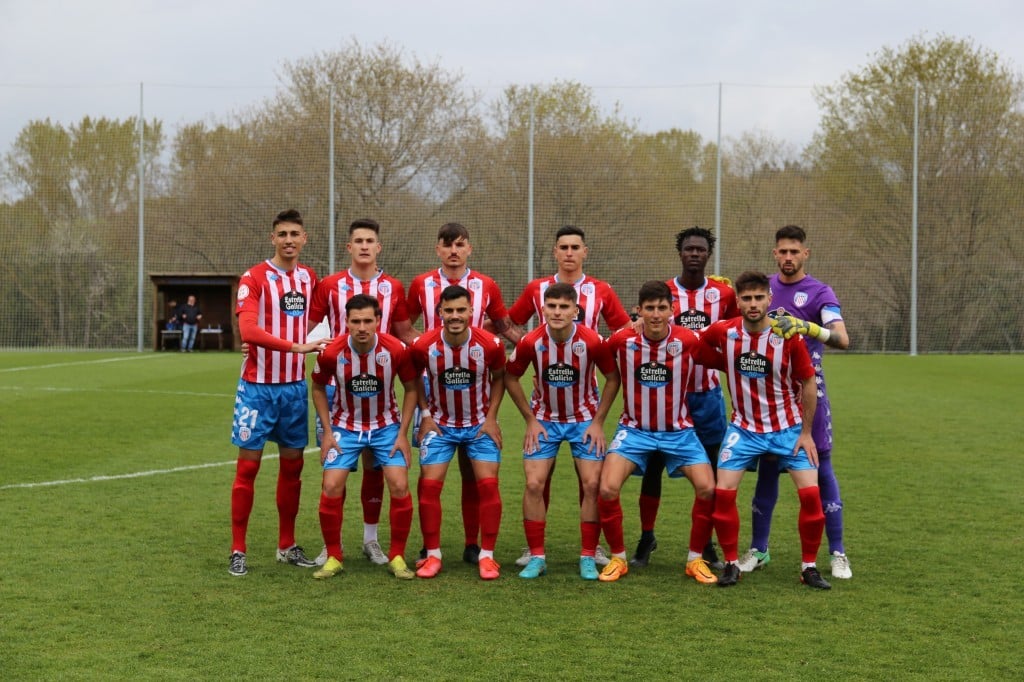
CD Lugo Recruitment Trials
At the time of this writing, there are no official publications on CD Lugo trials. Please come back at a later date while we monitor this club or click here to visit their official youth academy news page for the latest updates.
EXPLORE MORE CLUBS!
Explore more professional clubs by continent.
CD Lugo History
On July 8, 1953, with the merger of SG Lucense and CD Polvorn, the new board of directors was formally established under the leadership of Emilio Nez Torrón, who served as the president of the board. On Sunday, September 13, 1953, CD Lugo competed in their first official match, which was against Pontevedra CF. Lugo won it 3:1. Lugo was relegated to the Tercera División for good after the 1956–1957 season, when the division was reorganized, and remained there for a good number of years after that. In the 1961–1962 season, Lugo, under the direction of head coach Luis Diestro, captured their first trophy by claiming the title of champion of the Tercera División.
In 1992, Lugo was awarded promotion to Segunda División for the first time, however the club was unable to maintain their status in the league for more than one year. The club’s 1992–1993 campaign was a failure, as evidenced by the fact that it finished in 18th place out of 20 teams with only 25 points after playing in 38 games. Lugo rose through the ranks of the Segunda División B to become a representative of the middle class. The club was able to keep its position in the division without any difficulty during the years 1994 and 2000.
After a wait of twenty years, the club finally achieved promotion to the second division after defeating Cádiz in the penalty shootout of the final round of the promotion play-offs.
In 2013, the club began what would be their second season in a row competing in the Segunda. With a final score of 54 points, Lugo finished in the 12th position, just four points away from being demoted to the Segunda División B.
The sixth and final season that Quique Setién coached a team was the 2014–2015 campaign. Lugo accomplished their objective of staying in the Segunda División by finishing in 15th place with 49 points and achieving their aim. For the 2015–16 season, Luis Milla will lead the team as their new head coach. Regrettably, he parted ways with the club in February of 2016. He explained that it was due to personal circumstances, and the club accepted his resignation after hearing his explanation.
After the first twelve matches of the 2017–18 season, Lugo topped the standings in the Segunda División for the first time in the club’s history in the month of October 2017.
However, the squad ended up finishing in the 12th position overall for that season.
During the 2018–19 season, Lugo was trying to stay in the Segunda División, and they eventually ended up finishing on the 18th position, which allowed them to continue in the Spanish Second Division for a seventh consecutive season.
The team was able to avoid relegation by going winless in their final six matches of the season, which helped them finish just two points above the bottom of the table.
CD Lugo Stadium
The Estadio Anxo Carro, often referred to as the Estadio Angel Carro, is a stadium that can be found in Lugo, which is located in the region of Galicia in Spain. In the present day, football matches are played there, and CD Lugo calls it their home stadium.
On August 31, 1974, the stadium opened to the public with a capacity of 5,000 people, which was later increased to 10,000. The opening match of the series occurred between CD Lugo and Club Lemos, and it was won by the home club by a score of 1-0. Both of these teams, as well as Deportivo de La Corua, were competing in a competition at the time of this matchup. Because he was the one who commissioned the building of the stadium, it was given the name “Angel Carro.”
Following CD Lugo’s second promotion to Segunda División and its subsequent consolidation in the category, the stadium was expanded with the addition of a new stand to a total capacity of 8,168 seats as a result of an agreement between the club and a local businessman.
The stadium underwent some upgrades before the start of the 2015–2016 season, which resulted in its more contemporary appearance. It was decided to replace each and every seat on the north, east, and west sides. Following the completion of the final phase of renovations to the south stand in 2019, the maximum capacity of the venue was decreased to 7,070 seats.
